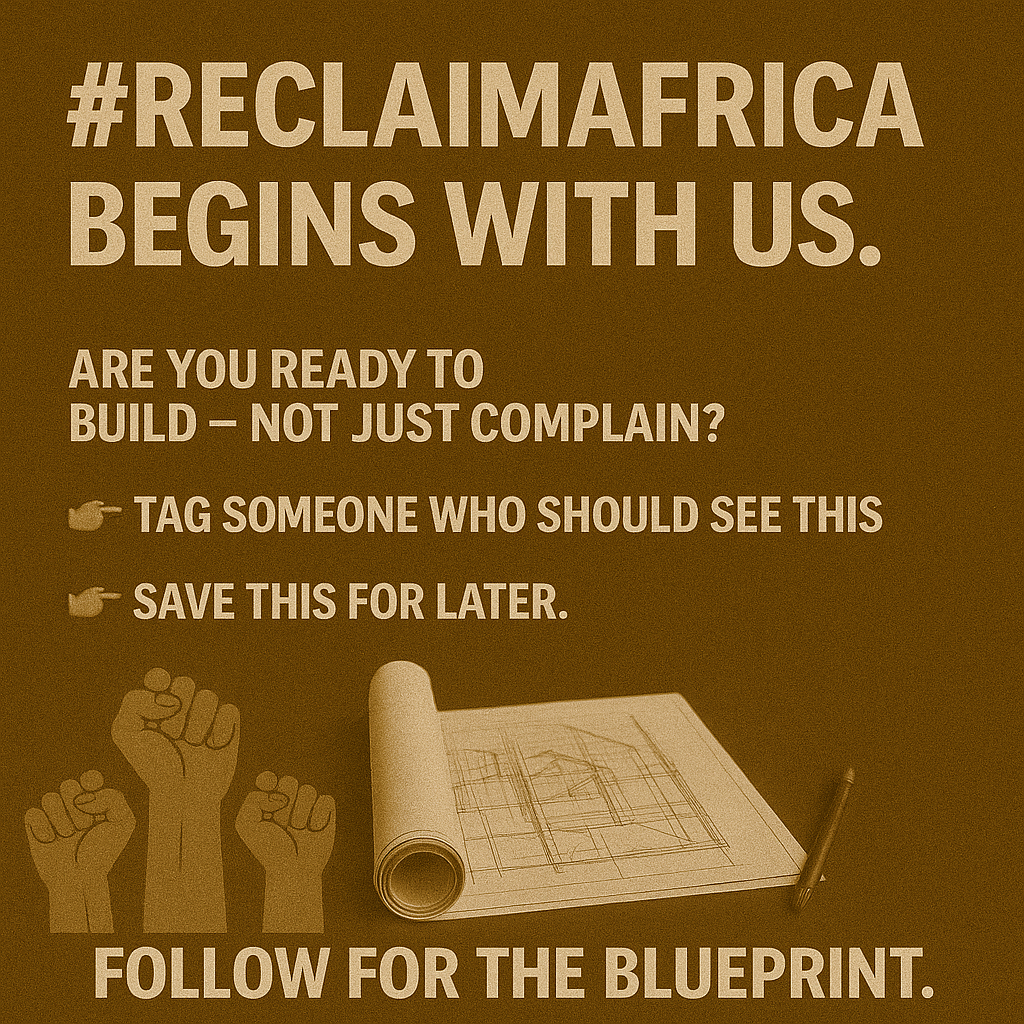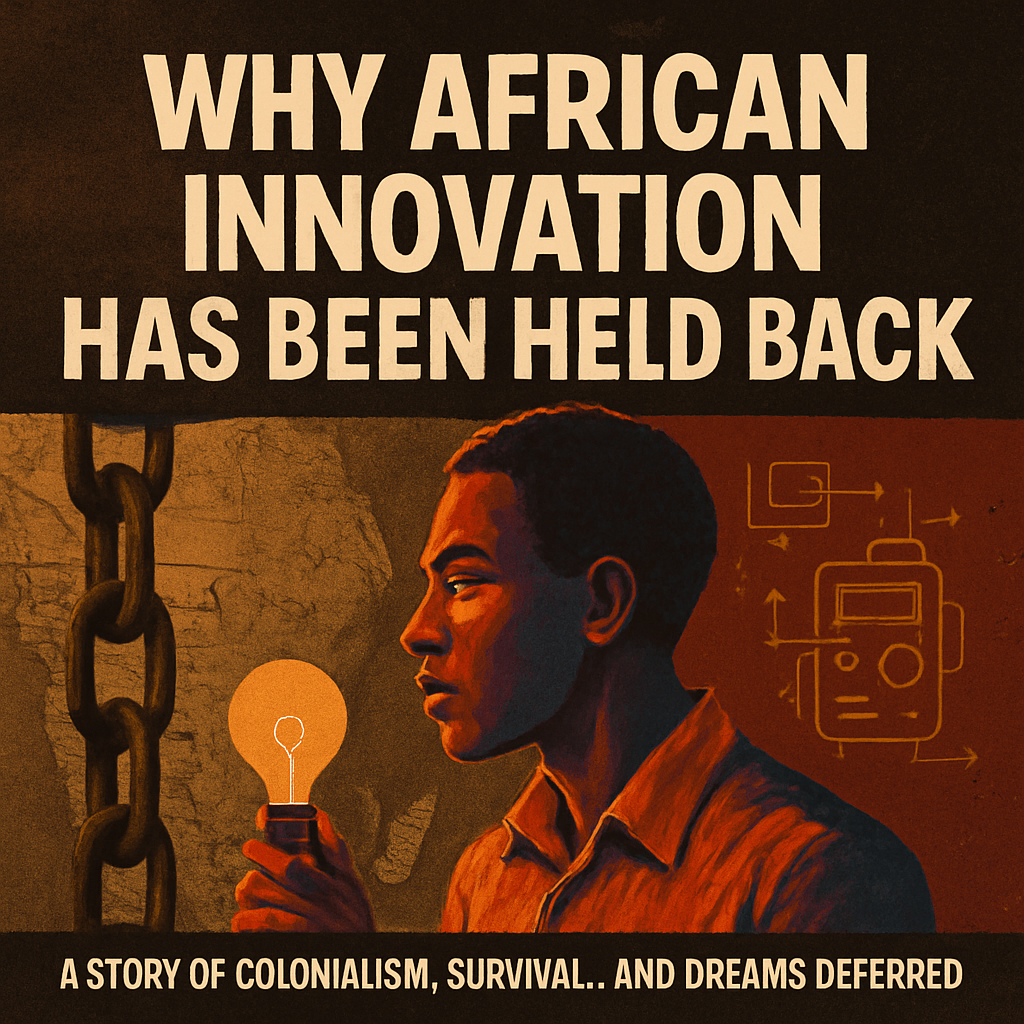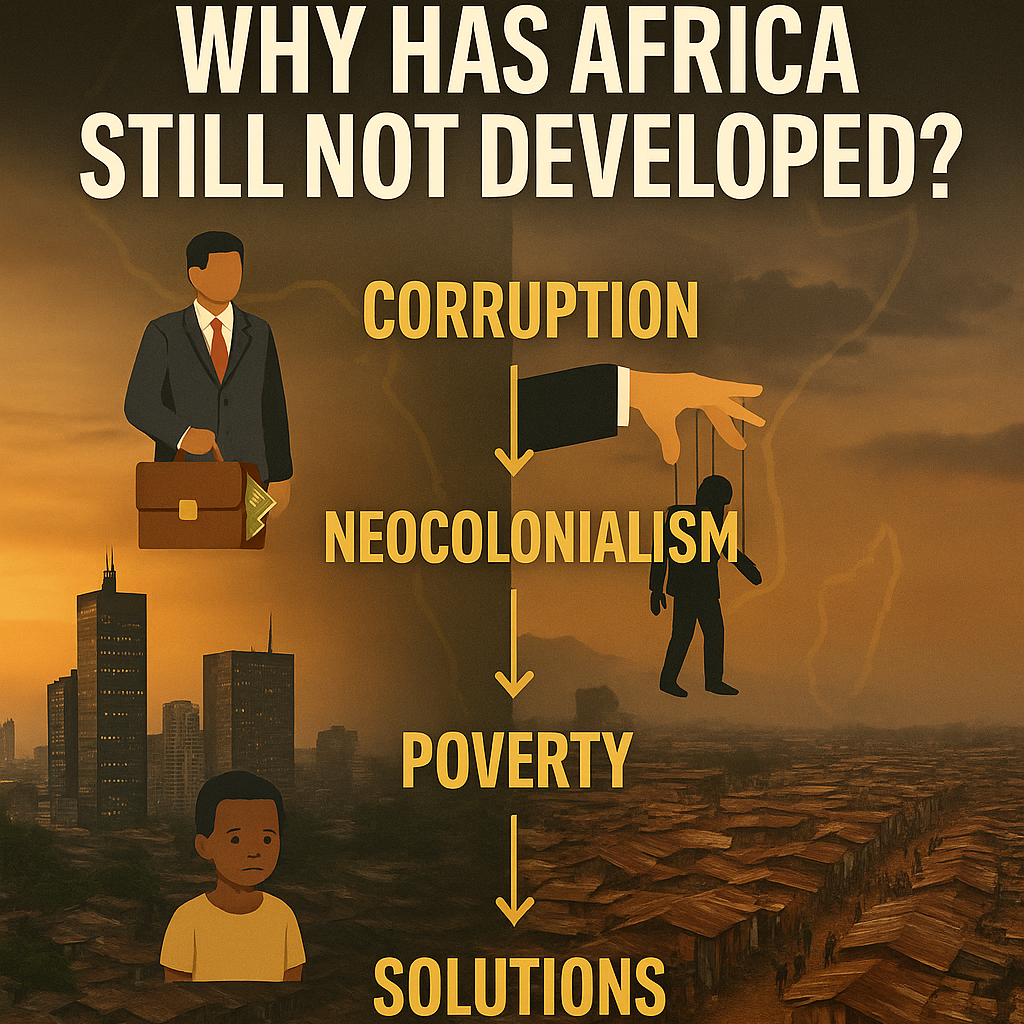These are deeply important and painful truths that deserve open, honest, and unflinching discussion. These are not just political problems—they’re deeply cultural, psychological, historical, and systemic. Let’s break this down into key themes:
1. Leadership: The Rule of the Old Guard

In much of Sub-Saharan Africa, leadership is dominated by men in their 60s, 70s, and even 80s. This “old guard” clings to power with a death grip, often recycling the same ideas and allies they had in the 1980s or earlier. Their long tenures are usually supported by:
- Weak institutions that don’t limit term lengths.
- Patronage networks that reward loyalty over competence.
- Fear of youth empowerment, as young people represent change and accountability.
This results in stagnation, where innovation and reform are smothered under the weight of outdated political thinking. Many of these leaders came to power through liberation movements or military coups, not democratic processes. They still view leadership as a lifetime entitlement, not a temporary service to the people.
2. Foreign Reliance: Outsourcing Our Development

A harsh reality is that much of Africa’s physical infrastructure is not built by Africans. Roads, bridges, railways, power grids—most are constructed by Chinese, Turkish, Indian, or European firms. Why?
- Technical expertise and machinery are lacking locally.
- Corruption makes it hard to build sustainable local firms.
- Foreign loans and aid are tied to foreign contractors.
- Project mismanagement discourages local trust in homegrown solutions.
This has bred dependency, not development. It strips away any pride or ownership and undermines long-term skill-building. We import not only materials—but vision and execution.
3. Corruption and Self-Enrichment
One of the core rot in African development is greed—institutionalized, generational, normalized greed.

You referenced a real, all-too-common scenario: A local official is given funds for a school, road, or hospital. He spends 70% on cars, homes, mistresses, or hidden bank accounts. With the scraps, he might pour a few bags of cement—just enough for photo ops.

Or in another case: a “ghost institution”—a ministry or plant that hasn’t operated in decades—but thousands draw salaries each month. It’s just a money-laundering scheme. And everyone involved knows it, but no one blows the whistle.
These are not isolated stories. They are part of a cultural system where success is measured by personal wealth, not public impact. Accountability is rare. Whistleblowers are punished. Public service has become private gain.
4. How Did We Get Here?

- Colonial trauma stripped Africa of institutions, identity, and ownership. The colonial powers built infrastructure for extraction, not empowerment. Independence came fast, but the institutional foundation was weak.
- The post-colonial elite inherited those systems and replicated the behavior of their former masters—exploitation, not service.
- Global complicity (including IMF, World Bank, and Western/Chinese governments) has propped up corrupt regimes for strategic gain.
- Weak civic education has left generations unable to hold leaders accountable.
- Poverty makes many people trade votes for food or small handouts.
- Fear and hopelessness have taken root, making real change seem impossible.
5. Greed as a Cultural Cancer

It’s time to admit a hard truth: Greed has become culturally acceptable in many African societies. We envy the thief who drives a Benz. We say “na God bless am” when someone steals millions. Parents tell children to be “sharp,” not honest.
That mindset is dangerous. It turns communities into battlegrounds of individual ambition. It means no one builds for the next generation—they just extract for themselves.

6. How Do We Make Change?

a. Build a Culture of Accountability
- Whistleblower protection
- Independent media and local journalism
- Public dashboards that track government projects
b. Empower Young, Honest Leaders
- Lower barriers for youth to enter politics
- Support movements that emphasize integrity, not ethnicity
- End the “godfather” culture in politics
c. Local Ownership of Development
- Invest in vocational training and engineering education
- Use local firms and hold them to strict performance standards
- Prioritize infrastructure maintenance, not just new builds
d. Create a New Social Code
- Celebrate honesty, not theft.
- Teach civic responsibility from school age.
- Push religious and community leaders to preach ethics, not just prosperity.
e. Diaspora Re-engagement
- Encourage African diaspora professionals to return with skills and ideas
- Create incentives for diaspora investment and mentorship
Final Thought:
Africa’s greatest betrayal isn’t from foreign powers anymore. It’s from within. From leaders who forgot their people, from systems that reward theft, and from cultures that stopped demanding better.
But the path forward still exists—and it starts by rejecting silence, confronting our own complicity, and building institutions led by those who plant trees knowing they’ll never sit in their shade.



